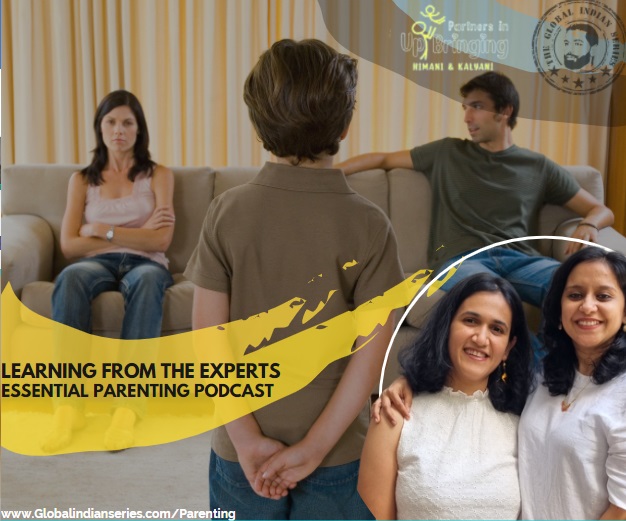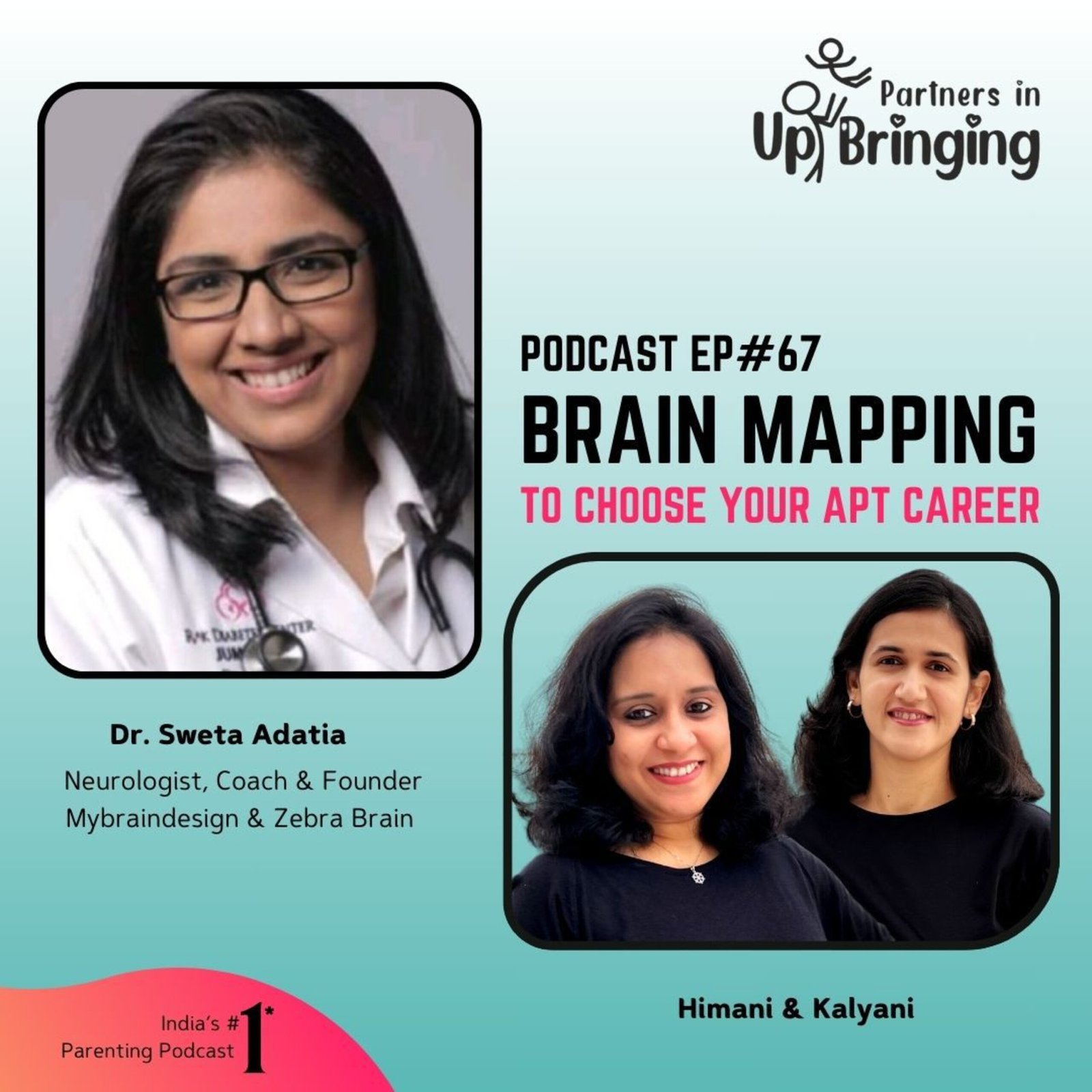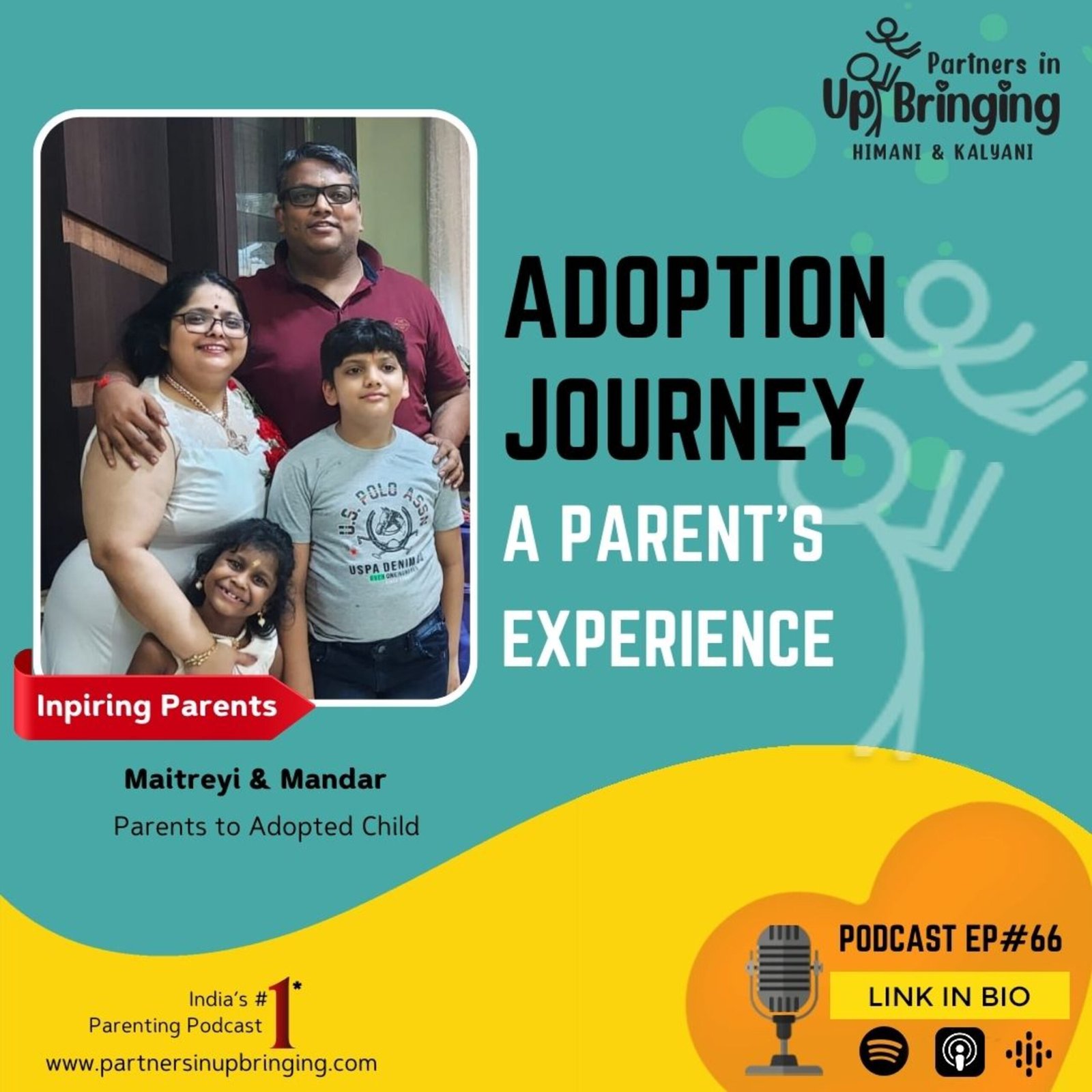I was shopping at a wet market in Singapore, when my 3-year-old son Ishaan, pointed towards something and said “Mama, can I buy this please?” he was holding a long stick with a loop at an end. He had found it next to the cashier, at a very prominent place for a fresh vegetable shop. Well, I was not surprised as he loved sticks and we had a big collection of different types of sticks we had picked up on our trails. But this one looked a bit different, and I was wondering as to why would anyone buy it? So, I asked the shopkeeper “What is this for?” he raised his eyebrows and replied in a very casual tone, “Oh it’s a cane, you must buy it lah, good for you, it costs only 2$ and your kids will always listen to you!!” I was shocked. Using a cane to discipline kids is unimaginable for me but it was NO big deal for him!
Having lived in Singapore with my husband and son for 5 years now, I had heard many stories about the strict levels of discipline followed in most of the local schools. I was a bit taken aback when I met a few Tiger Moms and found out about their parenting style. But it was the first time I was holding a cane in my hand; and somehow it sent shivers down my spine and at the same time, numerous questions popped up in my mind. Do strict regimens and harsh punishments affect the kids in a negative way? Is it ok to use ‘fear’ as a ‘weapon’ to get the kids to complete their chores on time? I mean I know it works very well and is the easiest thing to do, but would it make the kids anxious, scared or even lead to self-doubt or in extreme cases depression? I just kept the cane back in its place and rushed home with Ishaan, without answering any of his questions. I need to take some time out for myself to read and to ponder on this.
Culturally parents of Asian origin, be it Indian or Chinese, do believe in setting higher goals for their children – especially academic ones. Their parenting style does focus on developing good work habits and a strong base. Parents are not only involved but sometimes become very controlling and interfering in kids’ activity big or small. Smacking or corporal punishments are a norm. Their intensity may vary from family to family, but they are widely accepted by Asians. Being an Indian and a student of science, in my mind I always associate it with or even justify it by drawing parallels with the Newton’s 1st law – every object will remain at rest or move at a constant speed unless acted upon an external force!! And in parenting world that external force is the pressure that parents need to apply. Of course, the intention is pure, to get the kids ready for the future and instil good habits, good discipline.
But over the years, there has been a shift in the Asian parenting styles. Parents are now being open to the concept of conscious parenting and the fact that they must cope with the kids instead of it being the other way round. The kids who would listen to you without asking question, without applying mind are no more produced. This is the Gen Z. They are born adults and expect to be treated the same way. Words like ‘Suggestion, Will you consider, think about it’… are now used while talking to kids rather than ‘you must do it, you should listen to me, do as I say’ etc. So, I don’t see canes getting such a prominent place in any shop in the near future. In fact, I feel we as parents, will be enrolling for courses on how to bring up kids! Like its said, Child is the father of Man, kids are already training us to be Good Parents!
I believe parenting is no longer a tick box thing and, if your kids listen to you, you are a good parent kind of equation. It is much evolved and tough for parents to do their job of nurturing kids and it puts immense pressure on them. The traditional way of parenting is no more applicable for today’s generation, and I am sure every generation said the same thing! And so, it’s my turn 😉
By Himani and Kalyani - Hosts of Partners in upbringing Podcast - Part of the Global Indian Series
Show some love - and let us know your thoughts in the comment section
-------------------------------










